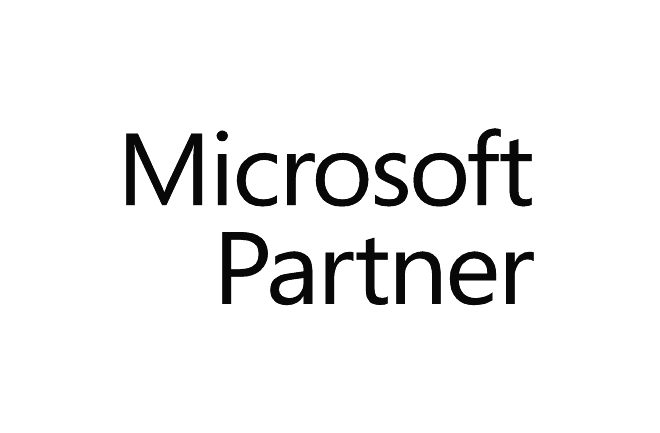Course outline
Duration : 1 Day
| ||
Learn the business value and product capabilities of Microsoft Power Platform. Connect data with Dataverse, build simple canvas and model-driven apps, automate a process with Power Automate, and build a Power Pages site. | |
Audience | This course helps learners understand how Microsoft Power Platform technologies can be used to develop tailored business solutions. It covers how to optimize the use of data by using Microsoft Dataverse and connectors and accelerate business outcomes by using Microsoft Power Apps for low code/no code solutions. Additionally, it covers how to improve processes by using Microsoft Power Automate, enable customer self-service by using Microsoft Power Pages, and boost productivity by using copilots. This course is intended for those seeking to start their journey building solutions with Microsoft Power Platform. |
Prerequisites | No prerequisites for this course |
Objectives |
|
Teaching method |
|
Contents |
|


